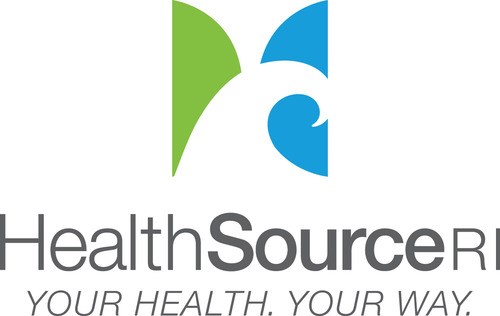PROVIDENCE — HealthSource RI Director Zachary W. Sherman and nine fellow state-based marketplace directors have sent a letter to federal health officials urging support for the Affordable Care Act’s risk adjustment program and clarification that a New Mexico court ruling does not affect how the payments will be calculated during 2019 to be issued in 2020.
President Donald Trump’s administration temporarily halted $10.4 billion in Affordable Care Act risk management payments to insurers earlier this week, a move HSRI spokesperson Kyrie Perry said could have a destabilizing effect on the individual health care marketplace.
The Centers for Medicare & Medicaid Services, or CMS, announced the temporary action following a Feb. 28 New Mexico District Court ruling in New Mexico Health Connections vs. the U.S. Department of Health and Human Services invalidating use of the statewide average premium by the CMS in the established risk adjustment transfer formula.
“The ruling prevents CMS from making further collections or payments under the risk adjustment program, including amounts for the 2017 benefit year, until the litigation is resolved,” according to a release from CMS.gov. The statement adds that the agency leaders were disappointed by the ruling.
“We share your disappointment in this ruling and write to encourage you to continue to defend the risk adjustment program in federal court,” the letter reads.
HSRI spokesperson Kyrie Perry said the CMS’s position on the ruling is unnecessarily non-committal, noting its temporary nature.
“It’s disruptive, and I feel they’re intentionally doing that to be as disruptive as possible,” she said, “It’s important for them to make a decision as to what they’re going to do so we can account for it in future years.”
According to a later CMS release on the ruling, “The court’s decision is specific to the HHS-operated risk adjustment methodology for the 2014 through 2018 benefit years. It does not impact program operations related to the 2019 benefit year and beyond.”
Perry said 2017 risk adjustment payments are paid in 2018, since the full year of 2017 claims data is needed to calculate the payment. For example, she said, 2019 risk adjustment payments would be paid in 2020.
“Insurers are looking at 2017 during 2018, in preparing for 2019,” Perry said.
“Public clarification that there will not be an impact in 2019 can mitigate disruption and instability in the individual market. CMS should also immediately issue interim final rules or other guidance to address the court’s order and make the 2017 risk adjustment payments,” the letter, sent to U.S. Health and Human Services Secretary Alex Azar and Centers for Medicaid and Medicare Services Administrator Seema Verma, stated. The message was signed by Sherman and state marketplace directors from Minnesota, Massachusetts, Oregon, District of Columbia, Nevada, California, Washington, Connecticut and Colorado.
The information about the ruling’s affect on how the payments are calculated in 2019 for the 2020 rate year was noted in separate release Thursday.
“Per the guidance, this will not impact the 2019 risk adjustment calculation. However, if [2017] payments are not issued, there is risk of higher-than-necessary 2019 rates. In the joint letter, the directors urged CMS to immediately issue interim final rules or other guidance to address the court’s order and make the 2017 risk adjustment payments, as this is causing superfluous commotion in the individual market,” Perry said.
The letter also points to the CMS guidance, which notes the New Mexico legal challenge focused on the ACA risk management system statewide average premium when calculating risk adjustment payments, which the HHS has resolved for the 2019 calculation period.
“The court’s order is narrow. It invalidated the use of statewide average premiums in the risk adjustment methodology simply because the U.S. Department of Health and Human Services justification for the policy-budget-neutrality-was not set forth in the regulations. HHS addressed this concern in the final Benefit and Payment Parameters rule for 2019 by including specific language justifying why the risk adjustment program must be budget neutral,” the letter stated.
Risk management payments blunt the cost to insurers from taking on less healthy customers due to accepting both healthy and sicker people as the ACA directs, with some insurers paying others based on the relative riskiness of their insured pools.
“The new uncertainty for 2014-2018 risk adjustment could result in higher-than-necessary 2019 premiums and may cause some carriers to leave the market. By acting quickly, the CMS can mitigate this disruption and instability,” the letter read.
Rob Borkowski is a PBN staff writer. Email him at Borkowski@PBN.com.













